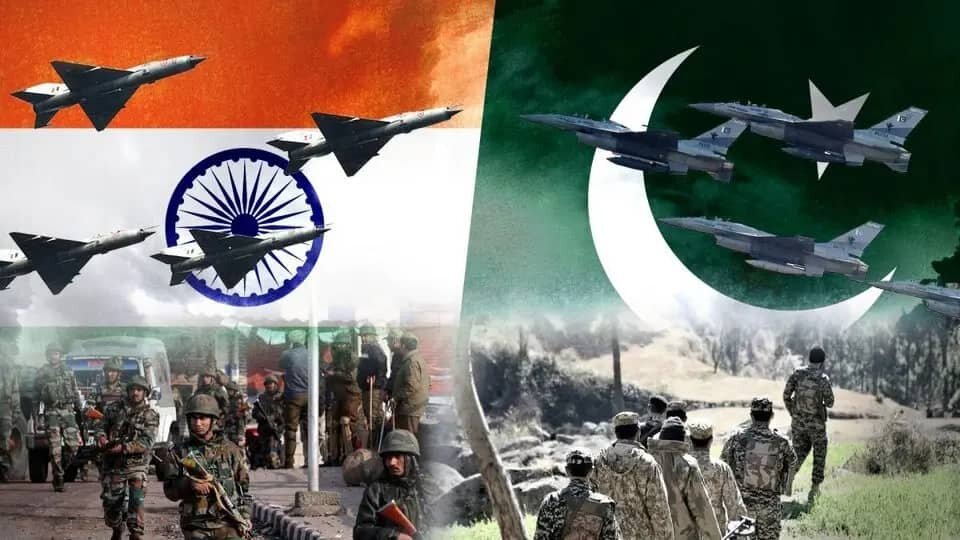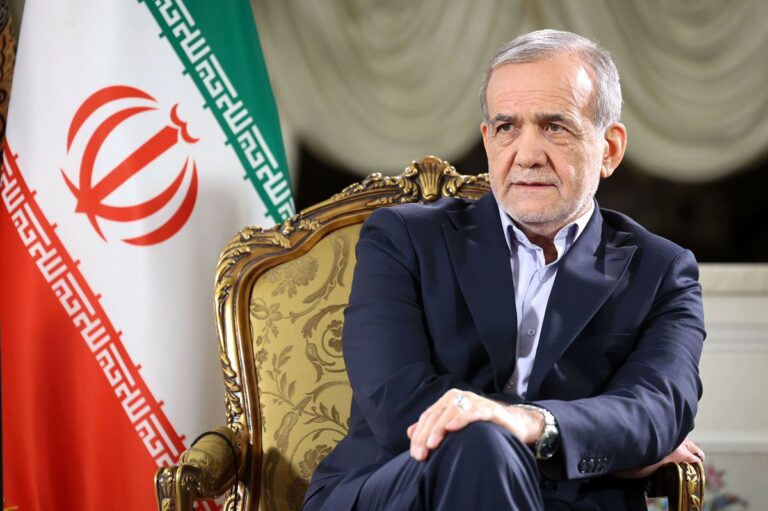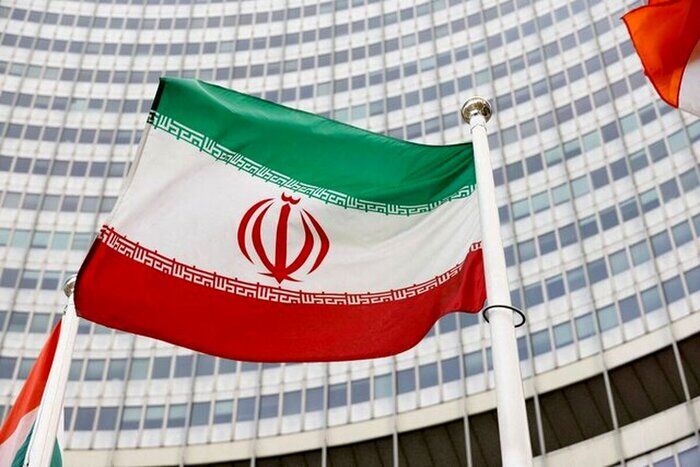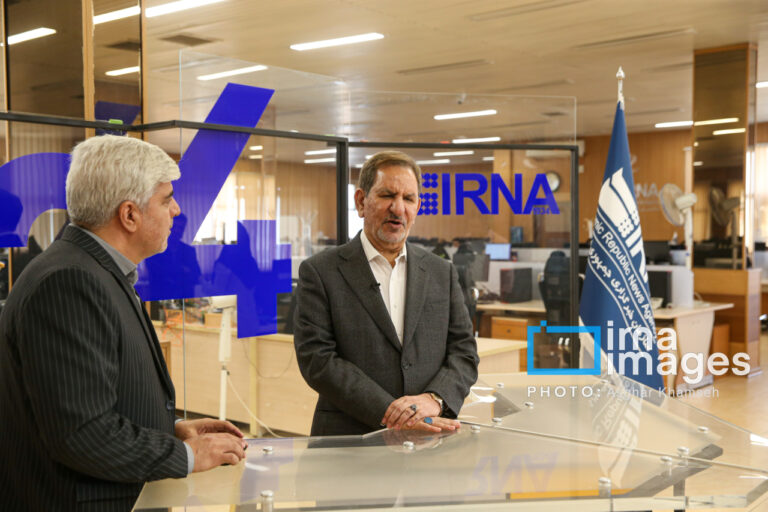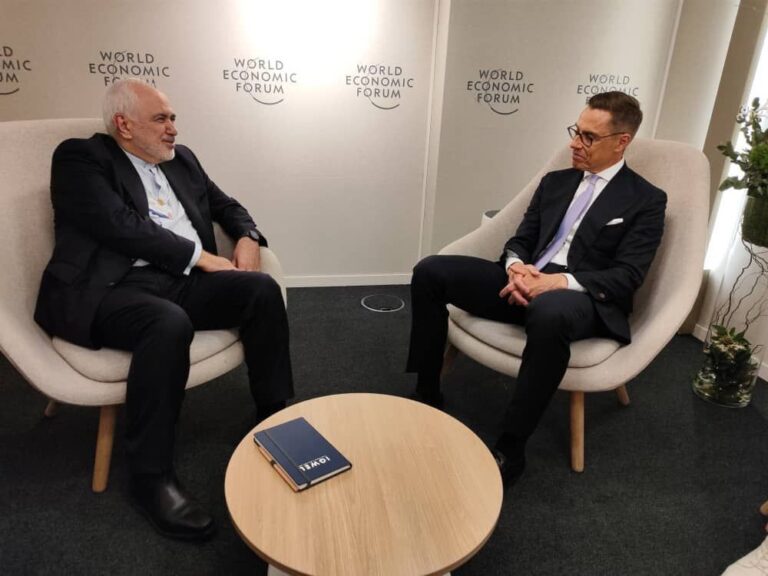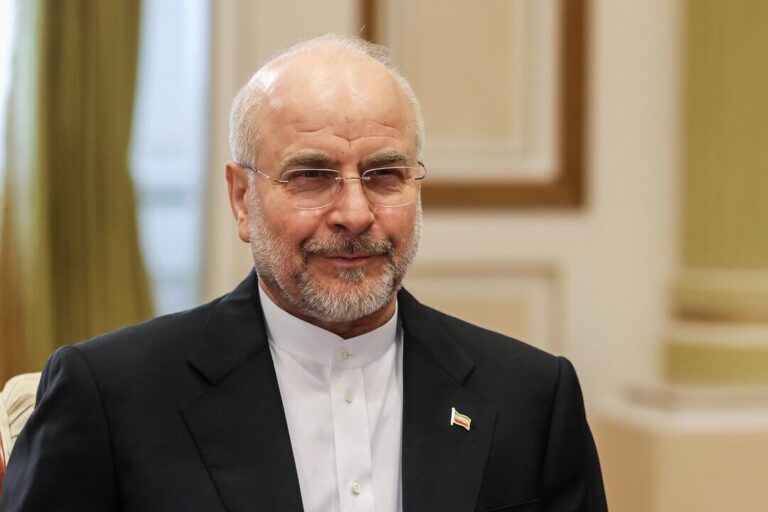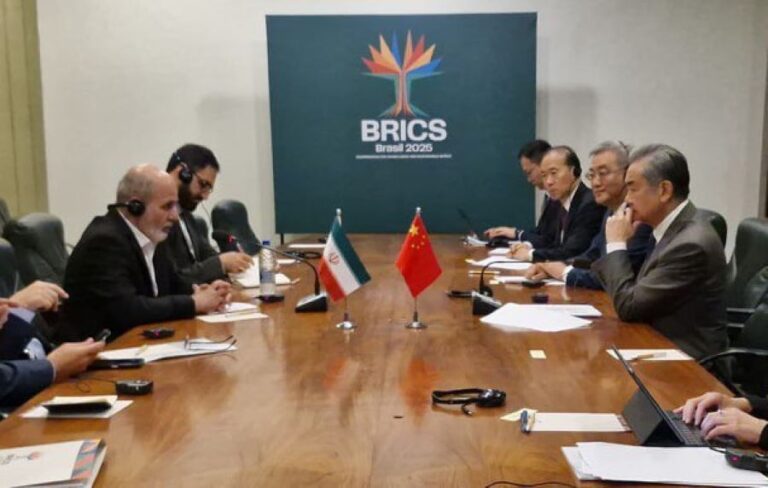Global Reactions: How World Leaders are Responding to the India-Pakistan Military Clash
In recent days, the international community has expressed significant concern following India’s launch of “Operation Sindoor,” aimed at multiple locations within Pakistan and Pakistan-administered Kashmir, which New Delhi claims are terrorist training sites. This escalation in military action has led to severe consequences, including casualties on both sides, prompting global leaders to weigh in on the situation.
According to reports from Al Jazeera, India has conducted targeted strikes, which have resulted in at least 26 fatalities in Pakistan and 10 in Indian-administered Kashmir. In retaliation, Islamabad has claimed to have attacked Indian military positions, asserting that India’s actions constitute “an act of war.”
As tensions rise between these two nuclear-armed nations, here’s what global leaders are saying about the escalating hostilities:
- United States President Donald Trump: “It’s a shame. Just heard about it. I guess people knew something was going to happen based on a little bit of the past. They’ve been fighting for a long time. They’ve been fighting for many, many decades. I hope it ends very quickly,” Trump remarked.
- U.S. Secretary of State Marco Rubio: The U.S. administration is closely monitoring the military escalation in South Asia. Rubio stated, “I am monitoring the situation between India and Pakistan closely. I echo @POTUS’s comments earlier today that this hopefully ends quickly and will continue to engage both Indian and Pakistani leadership towards a peaceful resolution.”
- UN Secretary-General Antonio Guterres: A spokesperson for Guterres expressed deep concern regarding the military operations across the Line of Control, urging both countries to exercise maximum restraint. “The world cannot afford a military confrontation between India and Pakistan,” the statement emphasized.
- French Foreign Minister Jean-Noel Barrot: France has called for both India and Pakistan to exercise restraint amidst the worst violence seen in two decades. Barrot stated, “We understand India’s desire to protect itself against the scourge of terrorism, but we obviously call on both India and Pakistan to exercise restraint to avoid escalation and, of course, to protect civilians.”
- Japan Chief Cabinet Secretary Yoshimasa Hayashi: Hayashi condemned the terrorist acts that occurred in Kashmir on April 22 and expressed concern that the ongoing situation might escalate into a full-scale military conflict. “For the peace and stability of South Asia, we strongly urge both India and Pakistan to exercise restraint and stabilize the situation through dialogue,” he added.
- UAE Foreign Minister Abdullah bin Zayed bin Sultan Al Nahyan: The UAE has urged both countries to reduce tensions and prevent further escalation. He stated, “His Highness reaffirmed that diplomacy and dialogue remain the most effective means of peacefully resolving crises, and achieving the shared aspirations of nations for peace, stability, and prosperity.”
- Israel’s Ambassador to India Reuven Azar: Azar voiced Israel’s support for India’s right to defend itself, stating on social media, “Israel supports India’s right for self-defense. Terrorists should know there’s no place to hide from their heinous crimes against the innocent. #OperationSindoor.”
- Russia’s Foreign Ministry: Russia expressed deep concern about the escalating military confrontation and called for restraint from both India and Pakistan. The Ministry condemned all forms of terrorism, promoting peace between the two nations.
- China Foreign Ministry Spokesperson: China has called for both sides to exercise restraint. The spokesperson expressed regret over India’s military actions and stated, “We call on both India and Pakistan to prioritize peace and stability, remain calm and restrained, and avoid taking actions that further complicate the situation.”
The global response underscores the urgency for dialogue and diplomatic solutions to prevent further escalation. With both nations possessing nuclear capabilities, the implications of continued military hostilities could be catastrophic, not just for the region but for global peace and security.
As the situation develops, it will be crucial for international entities and leaders to facilitate communication between India and Pakistan. The focus must remain on de-escalating tensions and fostering an environment where constructive dialogue can occur, ensuring the safety of civilians and the stability of South Asia.
In conclusion, the international community is watching closely as India and Pakistan navigate this precarious moment in their long-standing rivalry. The call for restraint and dialogue is paramount to avoid further bloodshed and to seek a peaceful resolution to the ongoing conflict.
